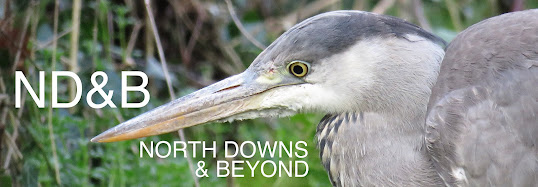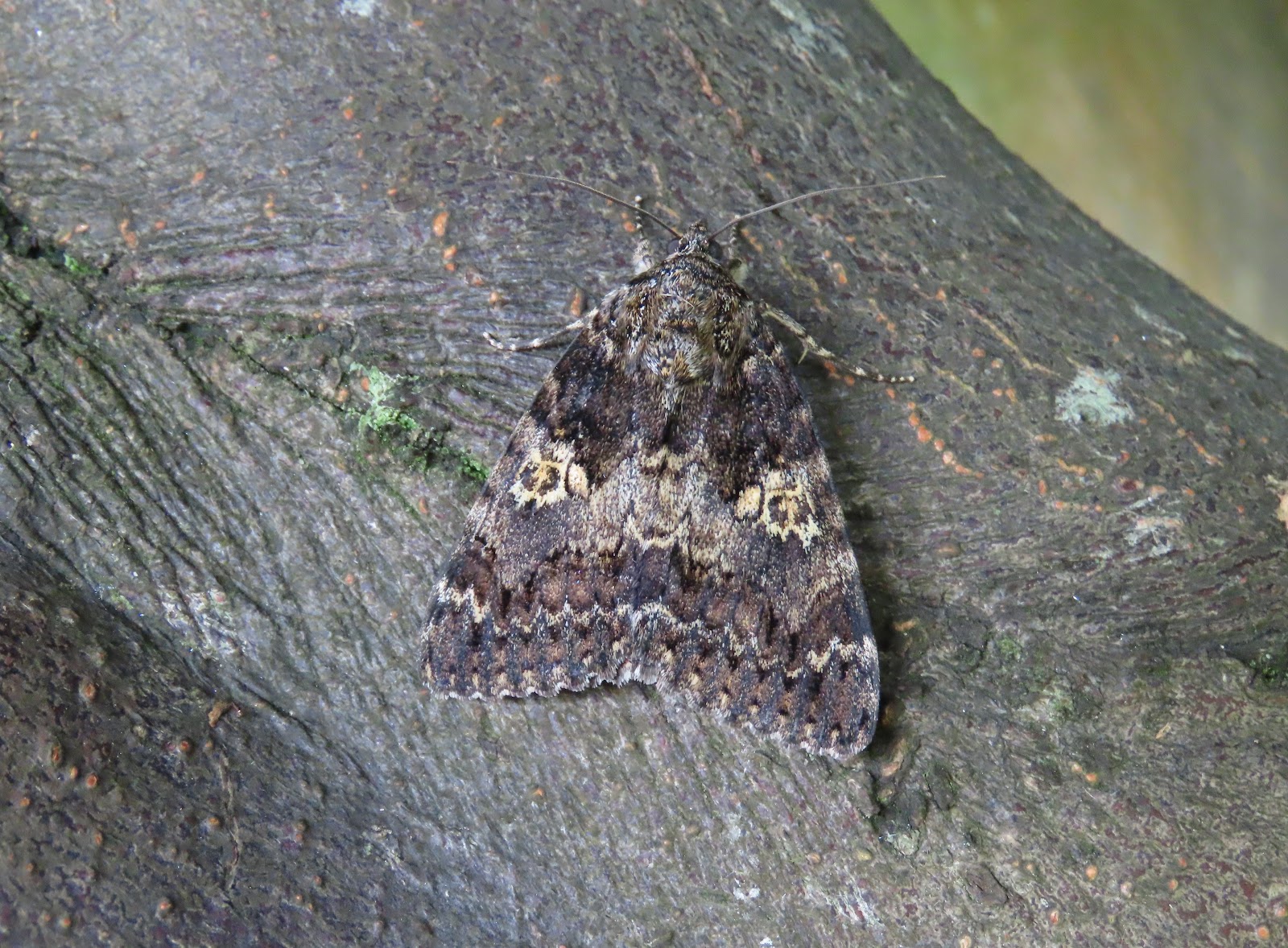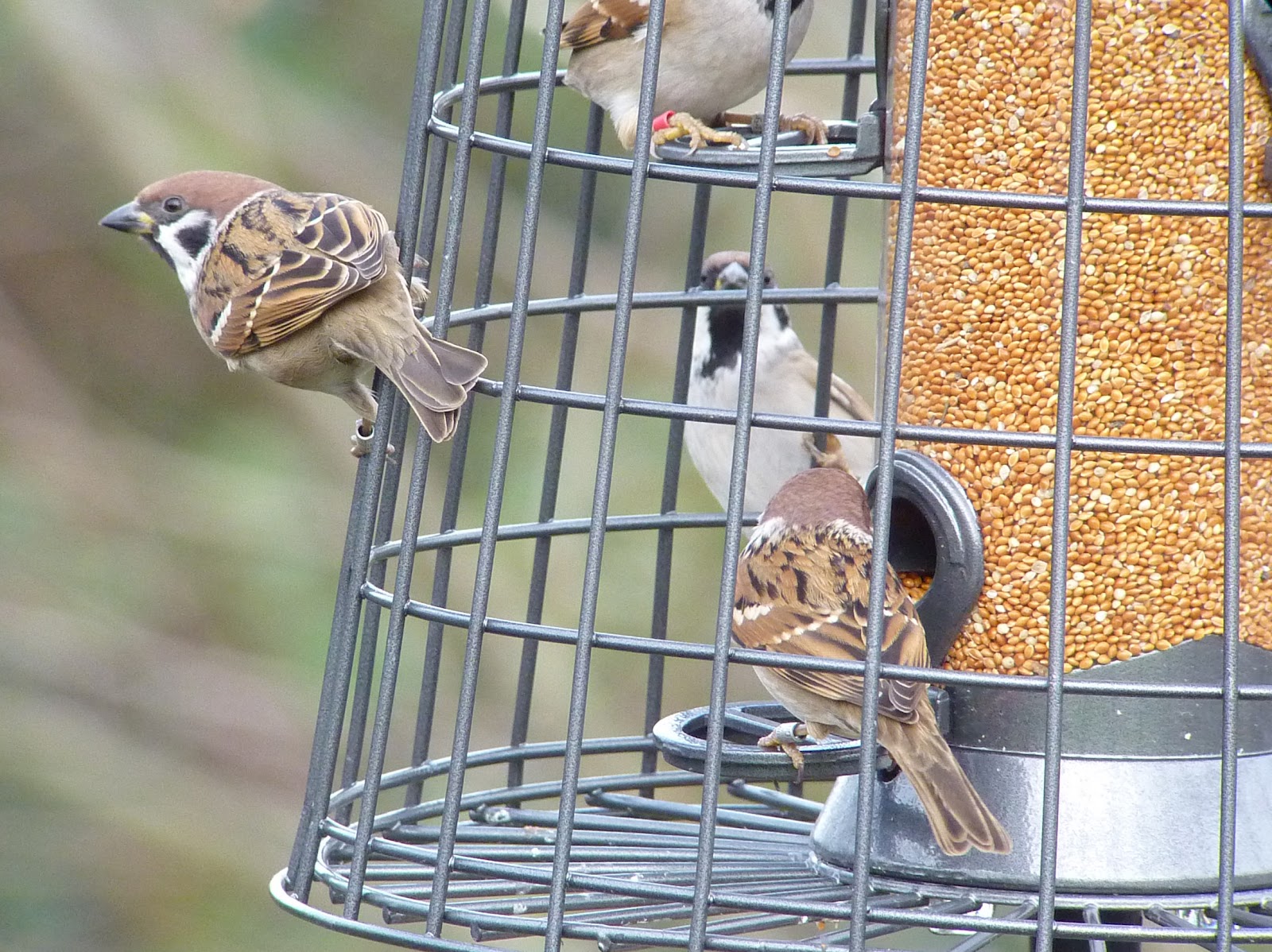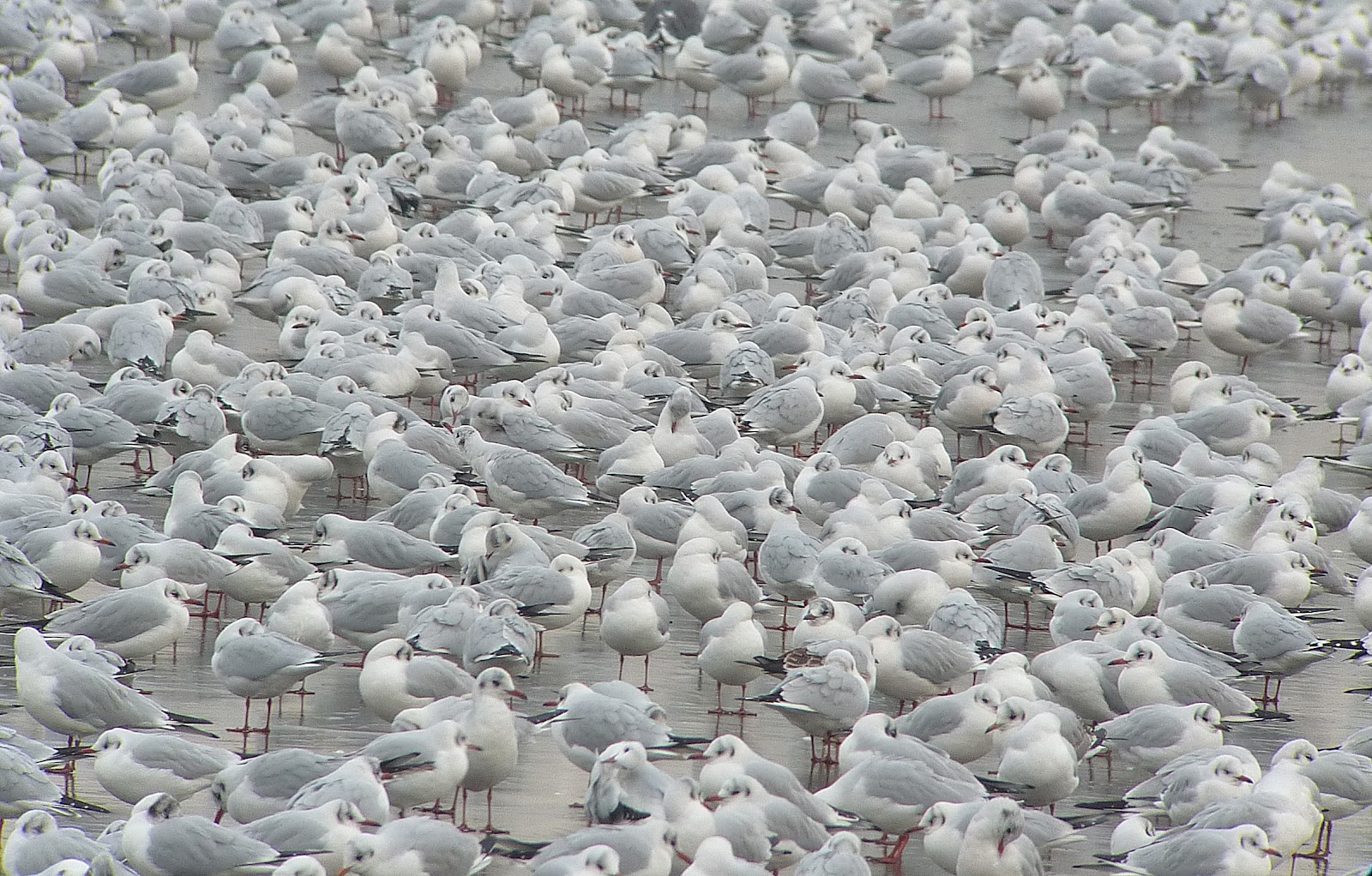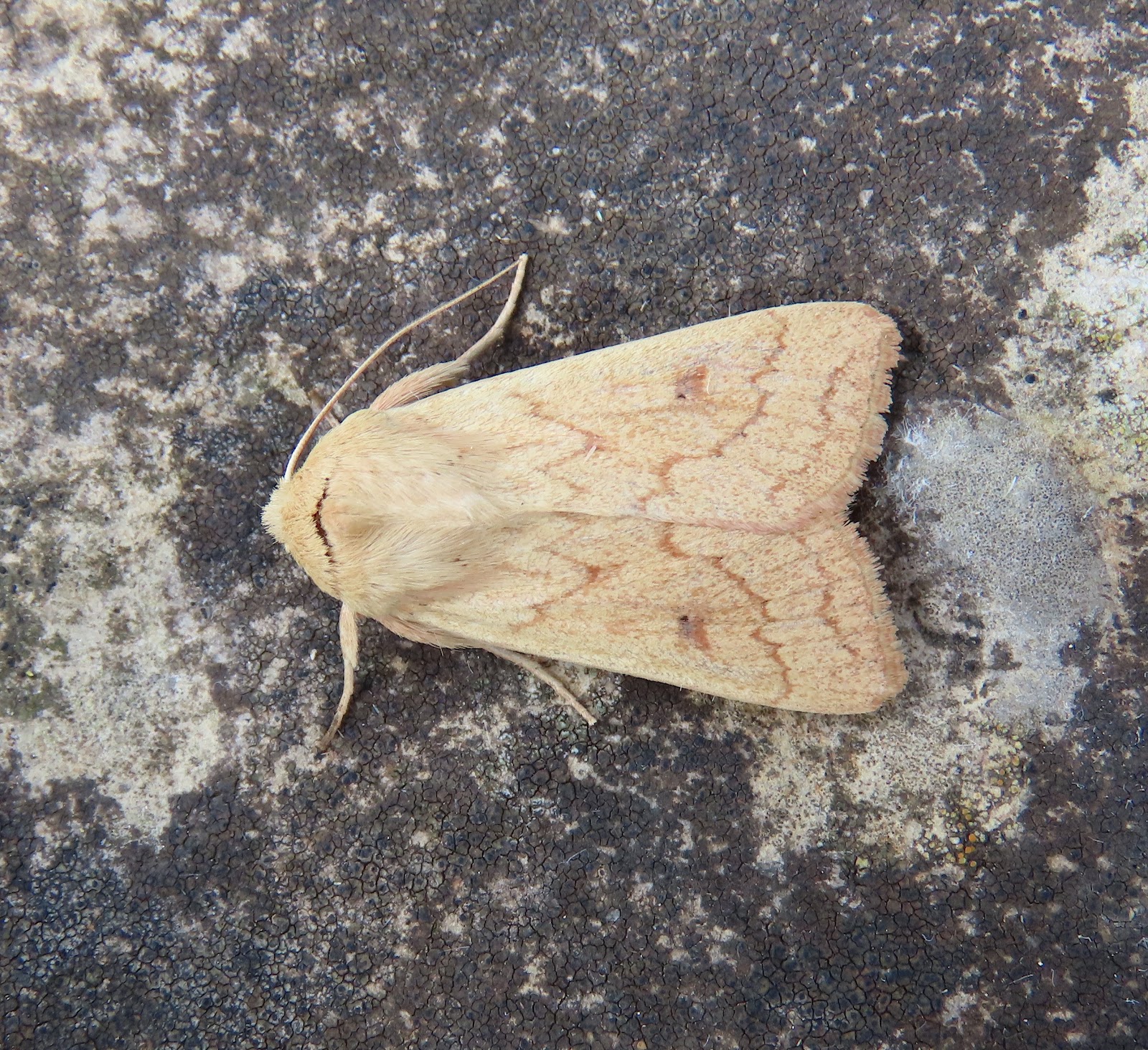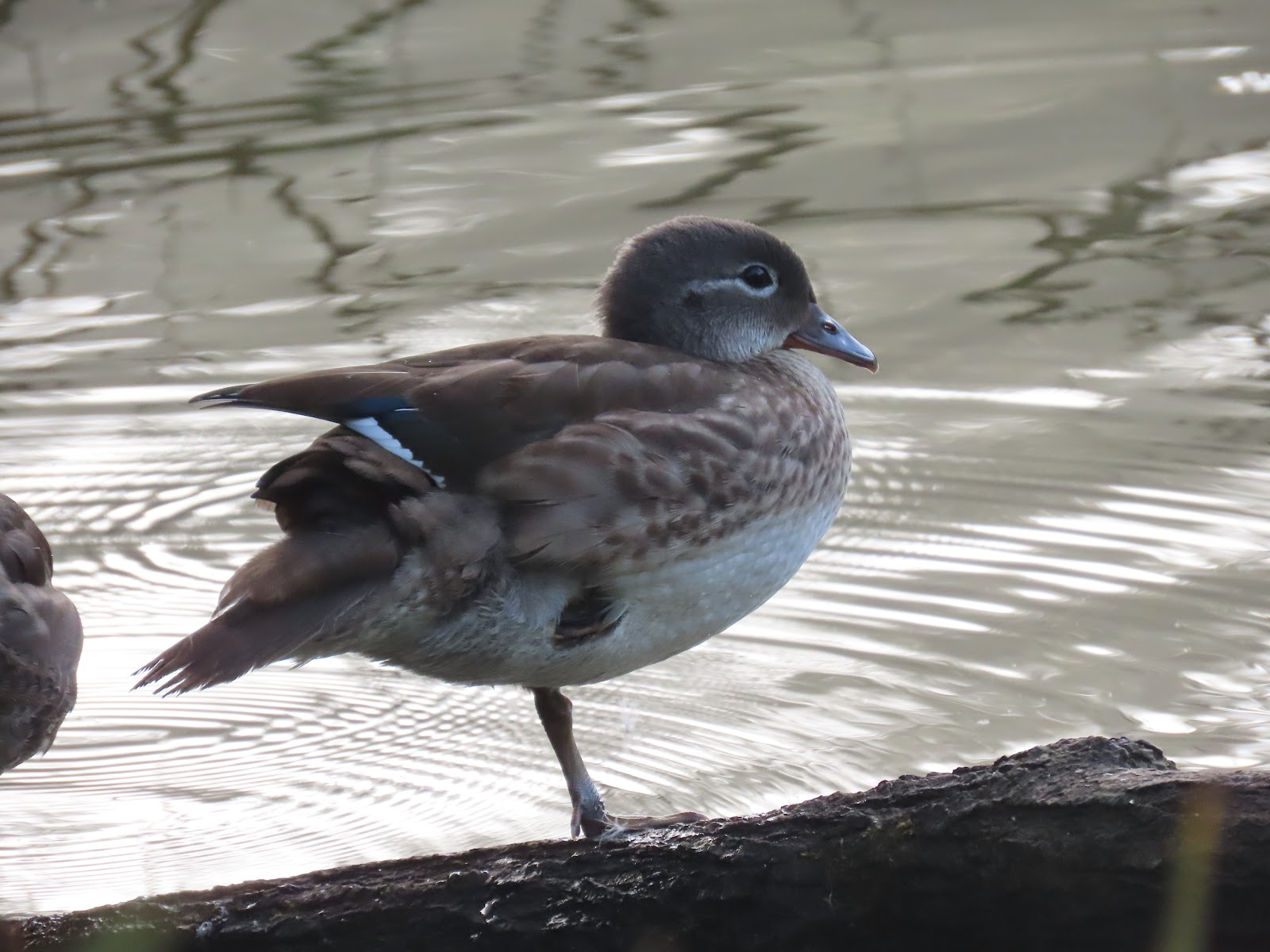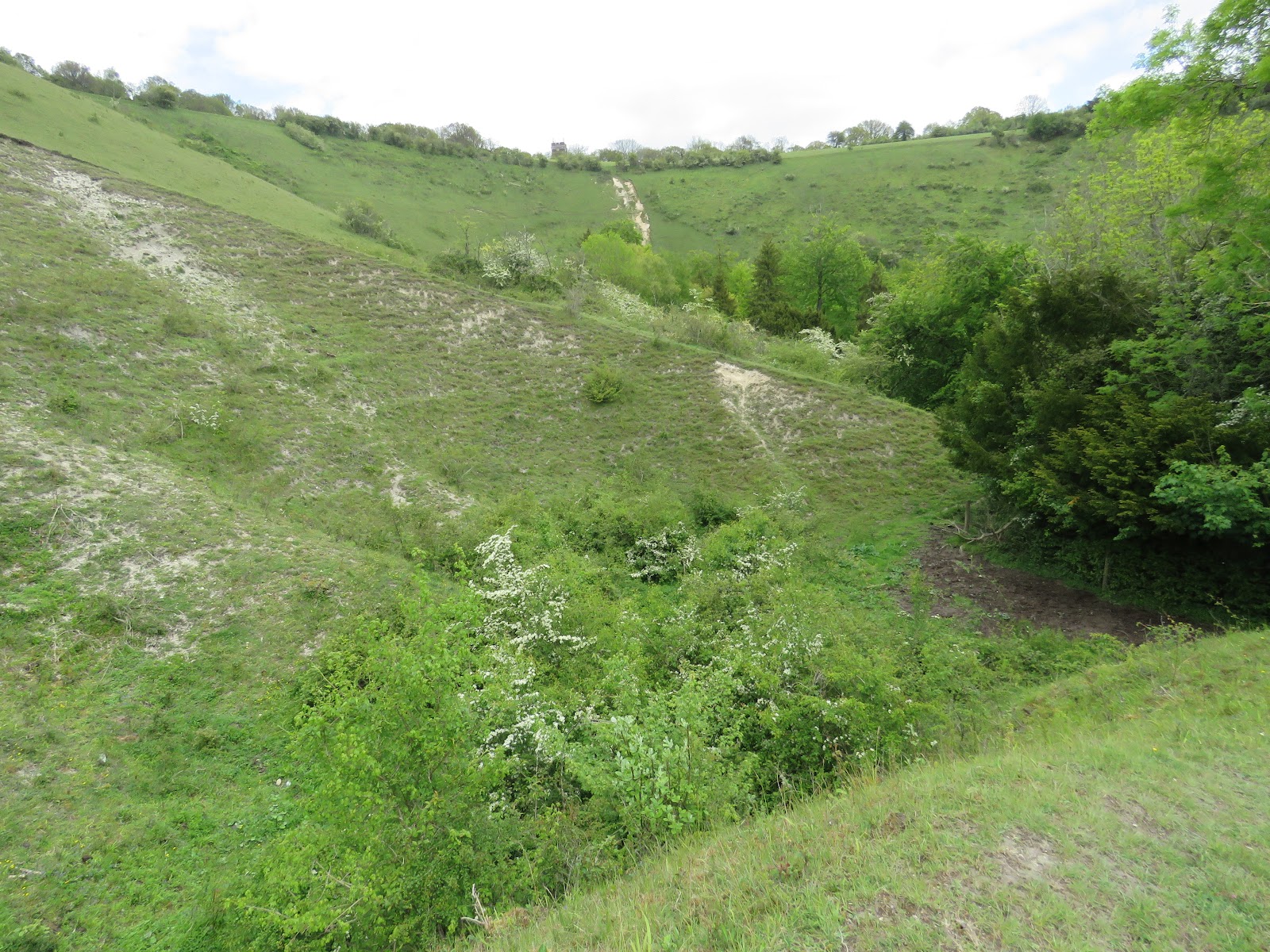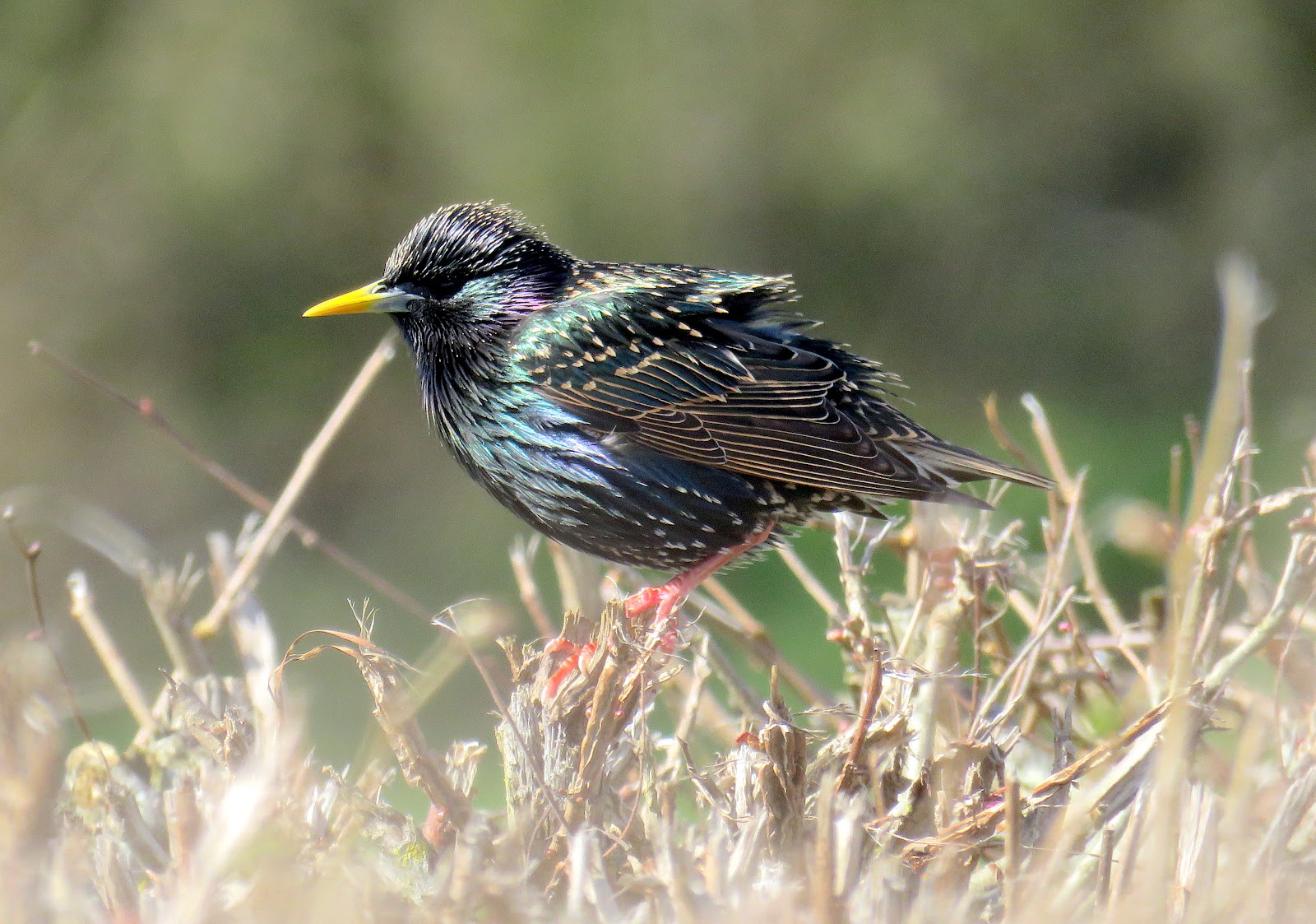January - Hawfinches, hearing loss and game strips

It was the 18th-century French philosopher Voltaire who said that you must "cultivate your own garden" - in other words, if you conduct your life in a nurturing and productive way, and be able to ignore how others are looking after theirs, then you will be playing your part in trying to make the world a happier and more fulfilling place. I am increasingly trying to follow this ethos in the way that I conduct my natural history study. If I can try and act responsibly in the light of climate change then, even though my small efforts will make not a halfpenny of difference on their own, if everybody else followed suit then my actions would be part of a greater good - so, the car increasingly stays at home; I walk as much as I can; local birding is the number one choice; importance is attached to the sharing of my results as a way to encourage others to do likewise. I could do so much more to 'cultivate my garden' - we are a three car family; I still eat meat and dairy; I...
